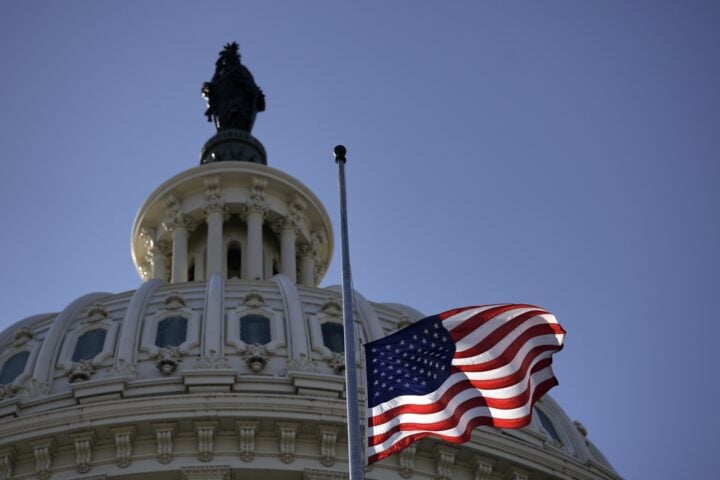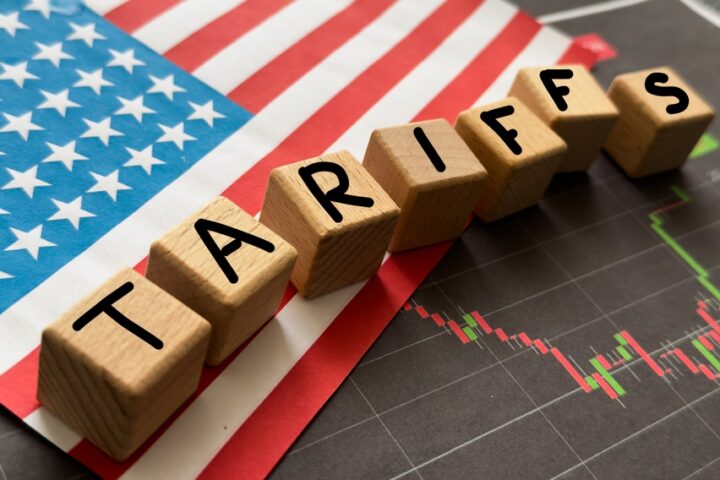Uruguay’s presidential race is heading to a decisive runoff after neither candidate reached the absolute majority needed to win. Yamandú Orsi of the opposition Broad Front and Alvaro Delgado from the ruling National Party will face off on November 24. The vote also defeated two proposed constitutional reforms, including a controversial pension system overhaul that could have reshaped the country’s economic landscape. As both candidates rally support for the runoff, Uruguay chooses between continuity under Delgado and change under Orsi.
Election Results Set Stage for Runoff
Preliminary results from Uruguay’s Electoral Court show Orsi leading with 43.3% of the vote, while Delgado trails at 26.4%, with nearly all voting stations reporting. Although Orsi has a considerable lead, the combined votes for other coalition members—20% in total from the Colorado Party, Open Forum, and the Independent Party—position Delgado’s center-right coalition with a potentially strong base. However, Orsi remains optimistic, urging supporters to give “one last effort with more enthusiasm than ever” to secure victory.
According to Uruguayan newspapers El Pais and El Observador, the Broad Front is projected to gain 16 of the 30 seats in the Senate. Nevertheless, no party appears likely to secure a majority in the 99-member Lower House, raising the importance of coalition-building in the next administration.
Rejected Reforms and Their Economic Implications
Sunday’s vote also included two plebiscites, one addressing police powers and the other proposing a drastic overhaul of Uruguay’s pension system. The latter, which received only 38% support, would have increased pension outlays, potentially expanding the budget deficit and reducing capital market liquidity by dismantling $23 billion in pension fund assets. The defeat of the social security reform lifts a cloud of uncertainty from Uruguayan assets and shifts focus back to how each candidate’s economic policies will address fiscal challenges.
The Candidates and Their Policy Agendas
Yamandú Orsi, 57, has framed his campaign around economic revival. A former history teacher and two-term governor, Orsi champions policies designed to stimulate growth, including tax incentives to attract investment and industrial support for agriculture and technology sectors. While advocating for a moderate pension reform, Orsi’s proposed finance minister, Gabriel Oddone, supports a primary fiscal surplus and retaining the current administration’s inflation-targeting regime.
On the other hand, Alvaro Delgado, 55, has centered his campaign on continuity, seeking to “reelect a good government” by following President Luis Lacalle Pou’s pro-business policies. Delgado’s finance pick, Diego Labat, former central bank chief, aims to boost private investment and promote economic openness, policies that resonate with the National Party’s emphasis on competitive markets. “We want to be a political project that unites Uruguayans,” Delgado said, reinforcing his intent to gain support beyond the coalition.
Economic and Social Landscape: Voter Concerns and Candidate Strategies
The candidates are campaigning in a country grappling with post-pandemic challenges and rising crime. Orsi has tapped into voter frustration over uneven economic recovery, pointing to Uruguay’s meager average annual growth of just over 1% in the past decade. His platform appeals to those seeking a more equitable distribution of economic gains.
In contrast, Delgado benefits from an economic outlook forecasting 3.5% growth this year and the popularity of Lacalle Pou’s administration, providing him with a favorable backdrop for continuity. His campaign’s focus on economic stability and growth is likely to resonate with voters who fear disruption.
Uruguay’s upcoming runoff election will determine whether the country opts for continuity under Delgado’s pro-business platform or economic reform under Orsi’s Broad Front. As both candidates seek to sway undecided voters, the November 24 decision will shape Uruguay’s approach to economic growth, social stability, and policy direction for years to come. Whichever path voters choose, the next administration faces the task of uniting the country amid complex challenges in both the economy and social policies.







